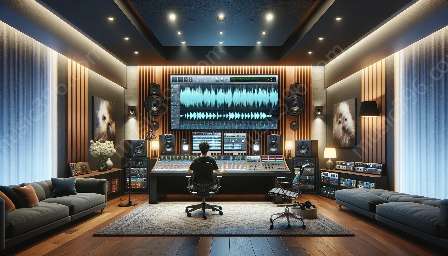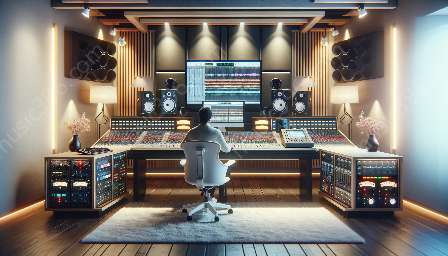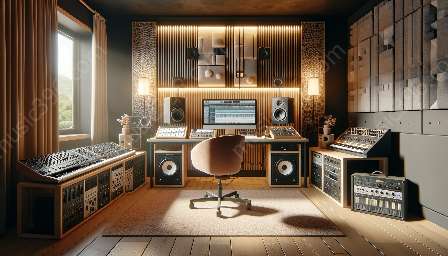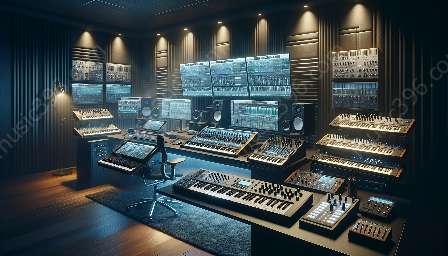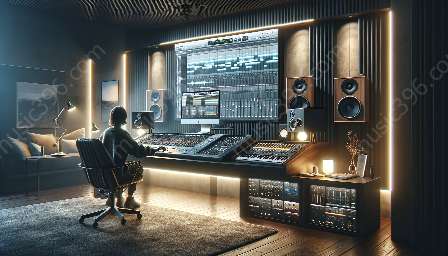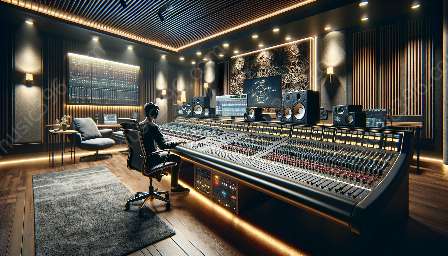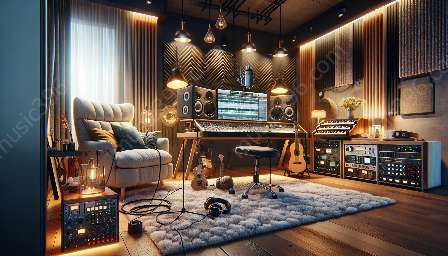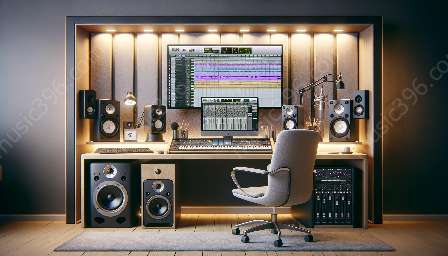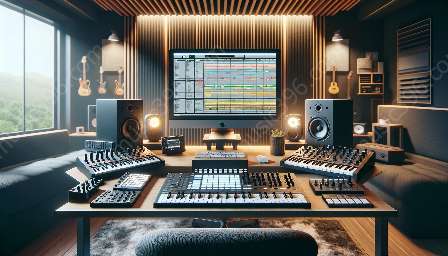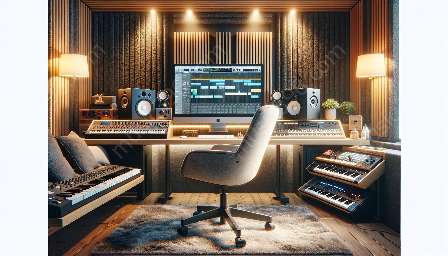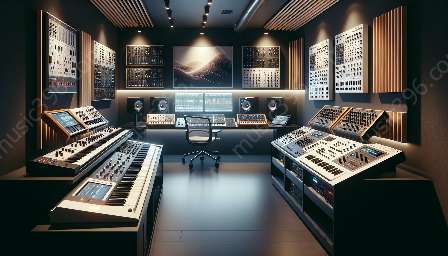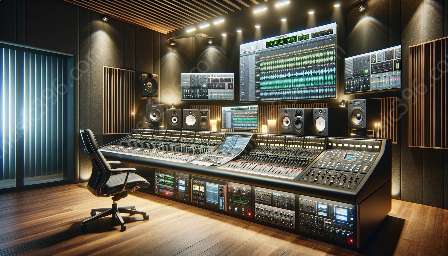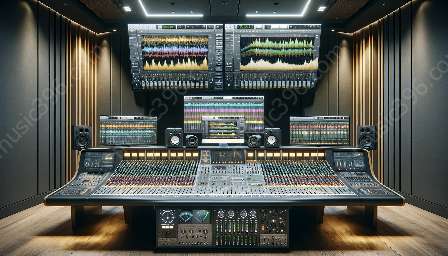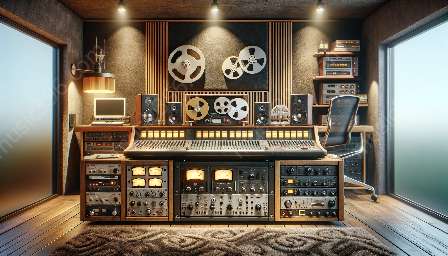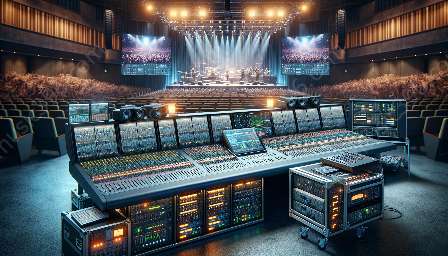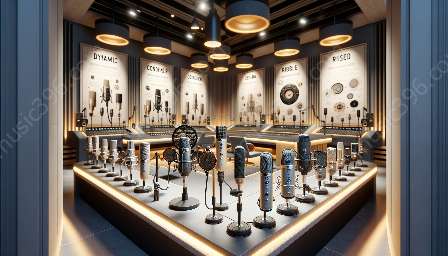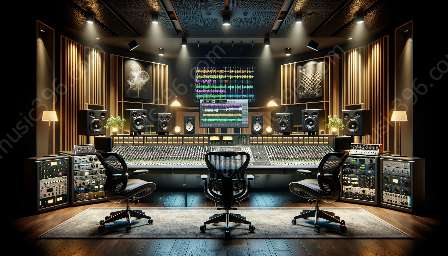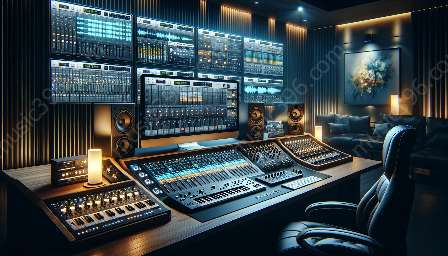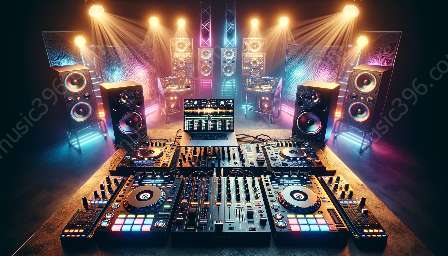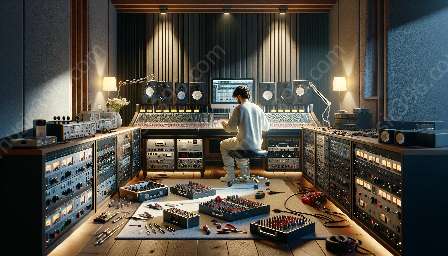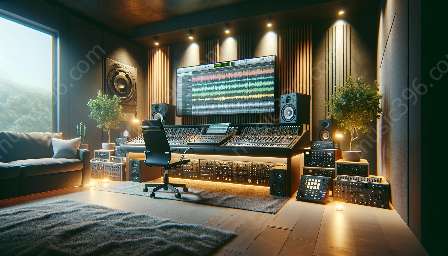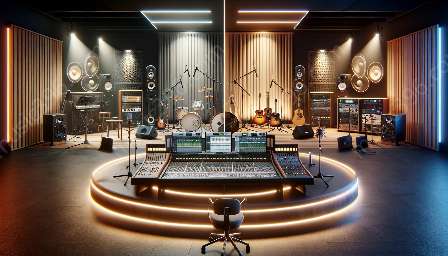Studio microphones are essential tools for audio production, and proper maintenance is crucial for maintaining their performance and longevity. By following best practices for studio microphone maintenance, you can ensure that your microphones deliver high-quality sound and remain in top condition for years to come.
The Importance of Studio Microphone Maintenance
Studio microphones are precision instruments that can be sensitive to environmental conditions and handling. Proper maintenance not only ensures the longevity of the microphone but also contributes to the quality of the audio recordings. Regular maintenance can help prevent issues such as signal distortion, reduced sensitivity, or mechanical failures.
Cleaning and Storage
One of the fundamental aspects of studio microphone maintenance is keeping them clean and properly stored. Dust, dirt, and moisture can degrade the performance of the microphone and lead to mechanical issues. Use a soft, lint-free cloth and gentle cleaning solution to wipe down the microphone body and grille. Be cautious around the diaphragm and avoid using harsh chemicals that could damage the microphone's components.
When not in use, store your microphones in a dedicated case or pouch to protect them from dust and accidental damage. Make sure the storage area is free from extreme temperature and humidity fluctuations, as these can negatively impact the microphone's components.
Handling and Transport
Proper handling and transportation practices are essential for maintaining the physical integrity of the microphone. Always handle the microphone with care, avoiding unnecessary bumps or drops. When transporting microphones, use protective cases or shock mounts to minimize the risk of damage from impact or vibration.
It's also important to secure the microphone cables properly to avoid strain on the connectors. Excessive pulling or bending of the cables can lead to internal wiring issues, affecting the microphone's performance.
Regular Inspection and Testing
Performing regular inspections and testing can help identify any potential issues with the microphones early on. Check for any visible signs of wear, such as dents, scratches, or loose parts. Test the microphones with a known sound source to ensure that they are capturing audio accurately and without any distortion or interference.
Additionally, if your microphones have removable capsules or interchangeable components, inspect and clean these parts according to the manufacturer's recommendations. Proper maintenance of these components can contribute to the overall performance and lifespan of the microphone.
Professional Servicing and Calibration
While regular maintenance can address many common issues, professional servicing and calibration are essential for more in-depth maintenance needs. Consider sending your studio microphones to a certified technician or the manufacturer for periodic servicing, especially if you notice any significant performance issues or changes in sound quality.
Calibration of the microphones can ensure that they are operating at their optimal performance levels, including sensitivity, frequency response, and noise levels. Professional technicians have the expertise and specialized equipment to diagnose and address any internal issues that may affect the microphone's performance.
Applying Best Practices to Other Studio Equipment
Many of the best practices for studio microphone maintenance can be applied to other studio equipment, particularly those with delicate components and sensitive electronics. Regular cleaning, proper storage, and careful handling can contribute to the overall longevity and performance of audio interfaces, preamps, and other recording gear.
Conclusion
By implementing best practices for studio microphone maintenance, you can protect your investment in high-quality audio equipment and ensure that your recordings consistently meet professional standards. Regular cleaning, proper handling, and professional servicing are essential components of microphone maintenance that can contribute to the longevity and performance of studio microphones.

